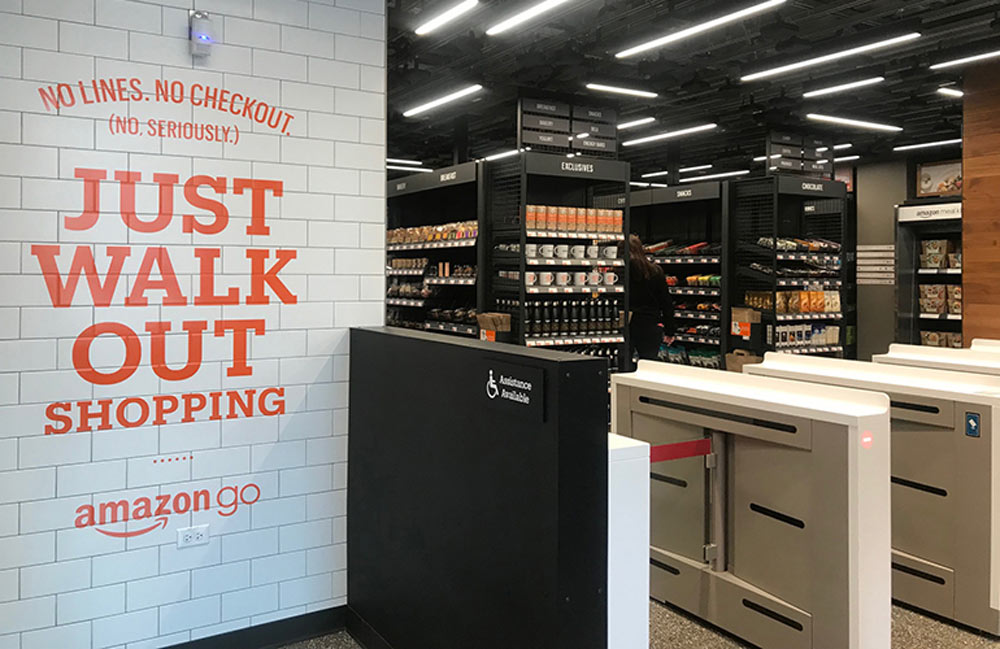In a surprising move, Amazon has decided to discontinue its cashierless checkout system, known as “Just Walk Out,” at its Fresh supermarkets in the United States. The decision marks a significant recalibration of the company’s grocery strategy, as it shifts its focus to alternative technologies. Amazon’s decision comes after feedback from customers, who expressed a desire for improved convenience and enhanced shopping experiences. This article delves into the reasons behind Amazon’s shift and explores the implications for the future of cashierless retail.
A Shift in Strategy
Amazon’s cashierless technology was initially introduced in 2018 at a convenience store on its Seattle campus. The system relied on a network of cameras and sensors to monitor customers’ selected items, charging them automatically upon exit. The concept aimed to eliminate the need for traditional checkout lines, offering a seamless shopping experience. However, the recent decision to remove the cashierless system from Fresh supermarkets indicates a shift in priorities.
Embracing Dash Carts
Instead of the cashierless approach, Amazon will now focus on Dash Carts, a technology that tracks and tallies items as customers place them in their carts. This system allows shoppers to skip the traditional checkout line. The company believes that Dash Carts can provide a better overall shopping experience by addressing customers’ requests for improved product visibility, access to deals, and real-time receipts. Amazon aims to enhance convenience and value for its customers while still leveraging technology to streamline the shopping process.
Customer Feedback Drives Change
Amazon’s decision to abandon the cashierless checkout system stems from feedback received from customers. While the Just Walk Out technology offered convenience, customers expressed a desire for better product discovery and the ability to easily locate nearby items and promotions. The importance of these features was emphasized by customers’ desire to view their receipts and track savings while shopping. Amazon’s willingness to listen to customer preferences demonstrates its commitment to providing a truly customer-centric experience.
Implications for the Industry
Amazon’s decision to shift away from cashierless checkout systems could have broader implications for the retail industry. While the technology initially seemed like a game-changer, its limitations and customer demands for additional features have prompted a reevaluation. Other retailers and technology companies invested in cashierless systems may also need to reassess their strategies to meet evolving customer expectations. The move highlights the importance of striking a balance between automation and personalization in the retail space.
Continued Use in Other Formats
While Amazon is discontinuing the cashierless checkout system at Fresh supermarkets, its Go convenience stores will continue to utilize the Just Walk Out technology. Additionally, smaller Fresh locations in the U.K. will retain the system. Furthermore, Amazon plans to license the technology to third-party retailers, ensuring its continued presence in the market.











